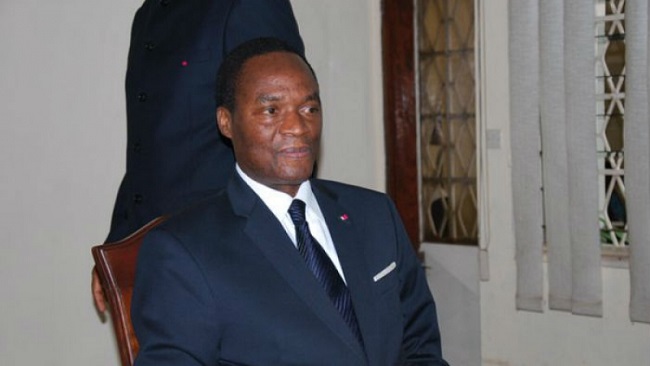Biya regime deploys special forces in Southern Cameroons
Speaking to Anadolu Agency, Joseph Beti Assomo, said the deployment of the security personnel, who are from Multipurpose Intervention Group of the National Gendarmerie (GPIGN) in Yaounde, began on Feb. 23.
“This contingent received training which corresponds to realities on the ground in the North West and South West Regions,” he said without giving details about the exact number of personnel being deployed in these regions.
“As you can see, we have lost a lot of men in recent months as a result of attacks by English-speaking activists. The gendarmes seem to be the privileged target of the terrorists. We then chose the GPIGN, which is specialized in fighting terrorism, ” he added.
The GPIGN was created in 1995 by President Paul Biya. Until now it was deployed only in the cities of Yaounde, Douala, Garoua and Maroua to fight against Boko Haram, roadblocks and kidnappers.
It also ensures the safety of all high-profile personalities of the country as well as diplomats.
Cameroon has been marred by protests for over a year, with residents in English-speaking regions saying they have been marginalized for decades by the central government and the French-speaking majority.
The protesters are calling for a return to federalism or independence of English-speaking Cameroon, which the demonstrators refer to as the “Federal Republic of Ambazonia”.
The crisis in the Anglophone regions, which started as a sectoral protest, is rapidly developing into an armed insurgency, following the Cameroonian security forces’ violent repression on Sept 22 and Oct. 1, 2017, according to the International Crisis Group (ICG).
Since then over 30 military and police personnel have been killed in several attacks.
“An unknown number of separatist fighters have died in these clashes. The military crackdown also exacted a large humanitarian toll and involved significant human rights violations,” the ICG said.
Tens of thousands of people have fled and crossed into neighboring Nigeria since the protests started in 2016, according to the UN Refugee Agency.
According to local media, the separatist militants have abducted two administrative officials earlier in February.
Source: World Bulletin





